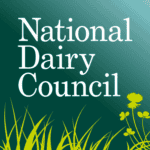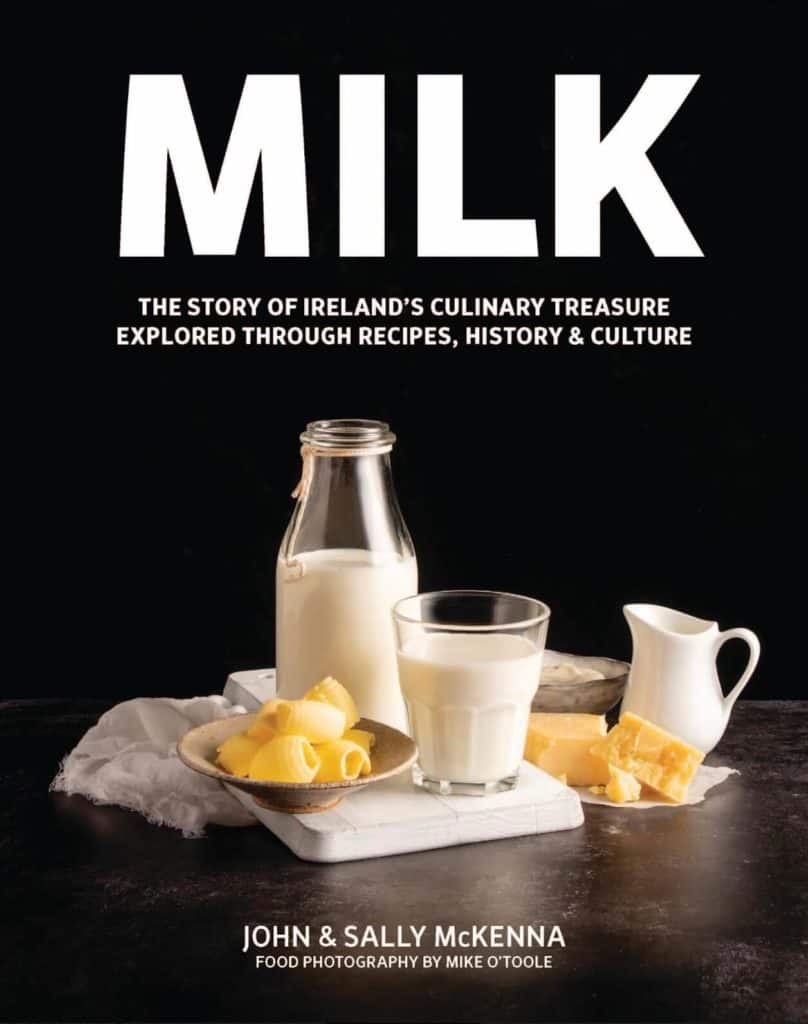Eczema can occur in some cases of cow’s milk allergy. However, cow’s milk allergy occurs mainly in infants, with a prevalence of about 2-3% and up to 90% of these children grow out of it by the time they are 3-5 years of age. Therefore, most cases of eczema that present beyond this have no association with dairy intake. The science tells us that foods are not the single cause or cure for eczema and a medical diagnosis is needed. Unnecessary removal of dairy from the diet, which is not based on a medical diagnosis can be nutritionally harmful, particularly for young children.
Acne is a condition which usually presents during puberty and can be caused by fluctuations in hormones resulting in the overproduction of oily secretions by glands. Due to the complex nature of acne which can be influenced by genetics, skin type and hormones, a simple explanation of acne being ‘caused by’ any single food is unlikely. Without consultation with a medical practitioner, it is not recommended to exclude any specific food or food group, such as dairy, for the management of acne.
In fact, milk is a source of a number of nutrients that have established roles in normal skin health, such as vitamin B2 and iodine.





